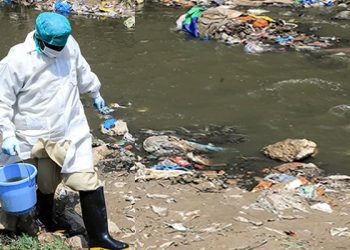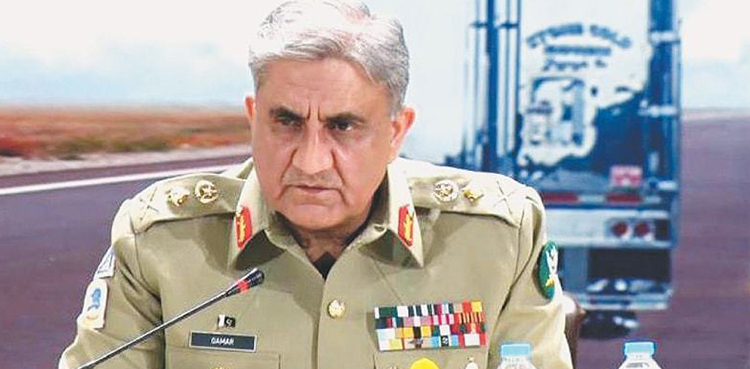At least three doctors and five staff members at the National Institute of Cardiovascular Diseases (NICVD) in Karachi have tested positive for the virus so far – putting not only them at risk but also threatening patients at the hospital.
As a result, the out-patient department of NICVD has been closed for a month and a half, forcing patients to either go to the emergency department or the 14 NICVD chest pain units (CPUs) set up across the city.
A doctor on duty said that the hospital’s OPD was usually overcrowded, catering to as many as 2,000 patients a day, and so it had been closed to prevent the virus from spreading. Underlining the need for these precautions, he revealed that screening outside the emergency room had shown two cardiac patients as having Covid-19.
“If there is an emergency, the patient will be referred from the CPU to the hospital,” he explained, adding that the number of patients coming to the hospital had dropped drastically during the Covid-19 crisis. “People are afraid to come here because they think that just going to the hospital could lead to them to get infected.”
According to official records, as many as 448 medical staff members – ranging from doctors, paramedics, nurses, technicians, ward boys to even drivers at both public and private hospitals – have tested positive for the virus in the country so far, with 90 of them in Sindh alone. As many as eight medical personnel have lost their lives to the virus in the country.
The NICVD is not alone in closing its OPD facilities – the step has been adopted by several hospitals in the city, which are only entertaining a handful of patients, if at all, while also avoiding admitting new patients.
“Only the emergency wards are open. Jinnah Postgraduate Medical Centre (JPMC), Abbasi Shaheed Hospital, NICVD and many other government and even private hospitals have closed the doors of their OPDs,” an official privy to the development told The Express Tribune.
Meanwhile, a JPMC doctor, speaking on condition of anonymity, stated that only essential surgeries were being performed at the moment, while non-emergency surgeries were not being carried out. “This has been done because dozens of doctors and other staff have been infected at various hospitals,” he explained, adding that the outbreak among healthcare workers was life-threatening to already ill patients.
“Patients with respiratory and cardiac complaints as well as diabetes are at severe risk,” stressed Indus Hospital head Dr Abdul Bari Khan, pointing out that the fatality rates were higher among such people.
NICVD administrator Dr Hameedullah, too, emphasised that coronavirus was a dangerous disease if proper care was not taken. “It is important to follow the advisories issued by the federal and provincial governments, which specifically call for maintaining social distance.”
The precautions being taken by the hospitals, however, have forced those in need of medical attention to turn to smaller hospitals and clinics, where medical facilities and treatment are inadequate.


















































